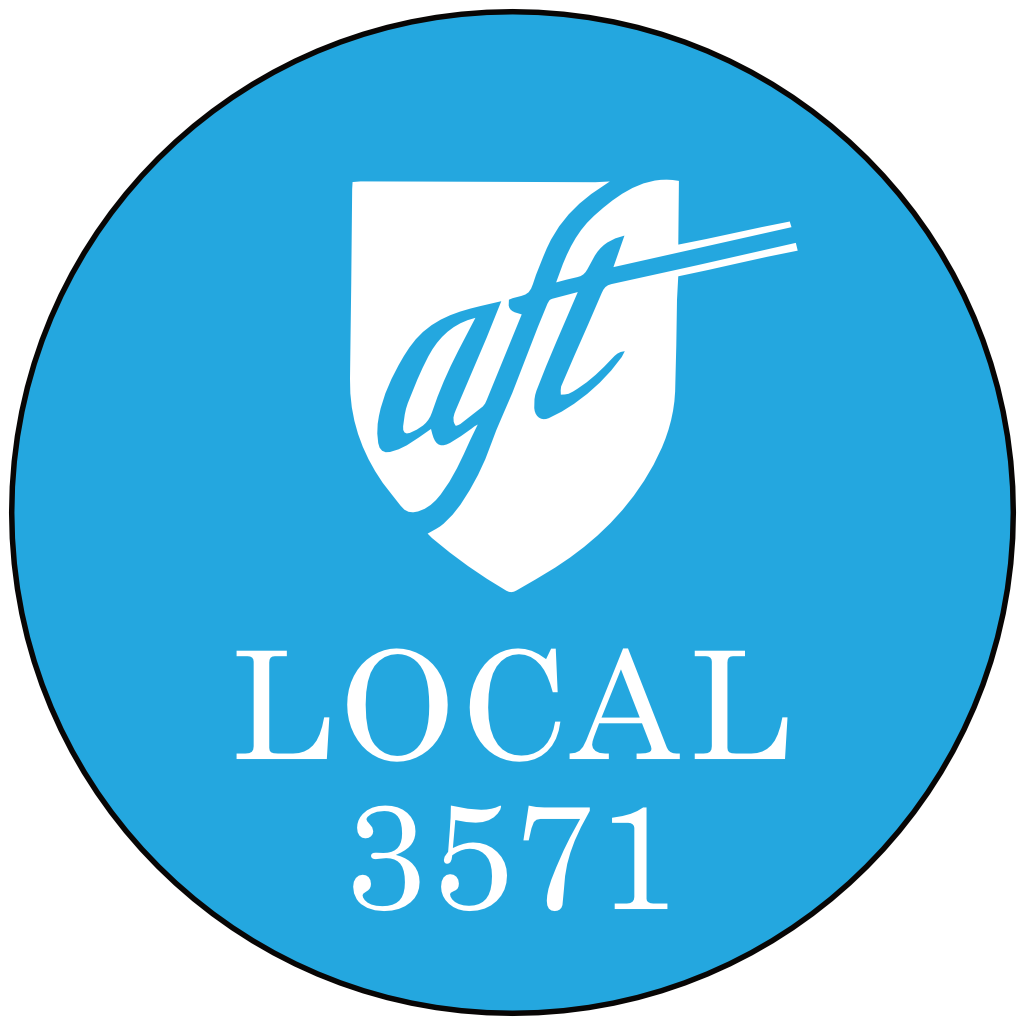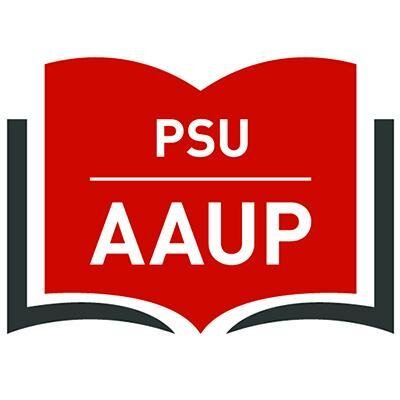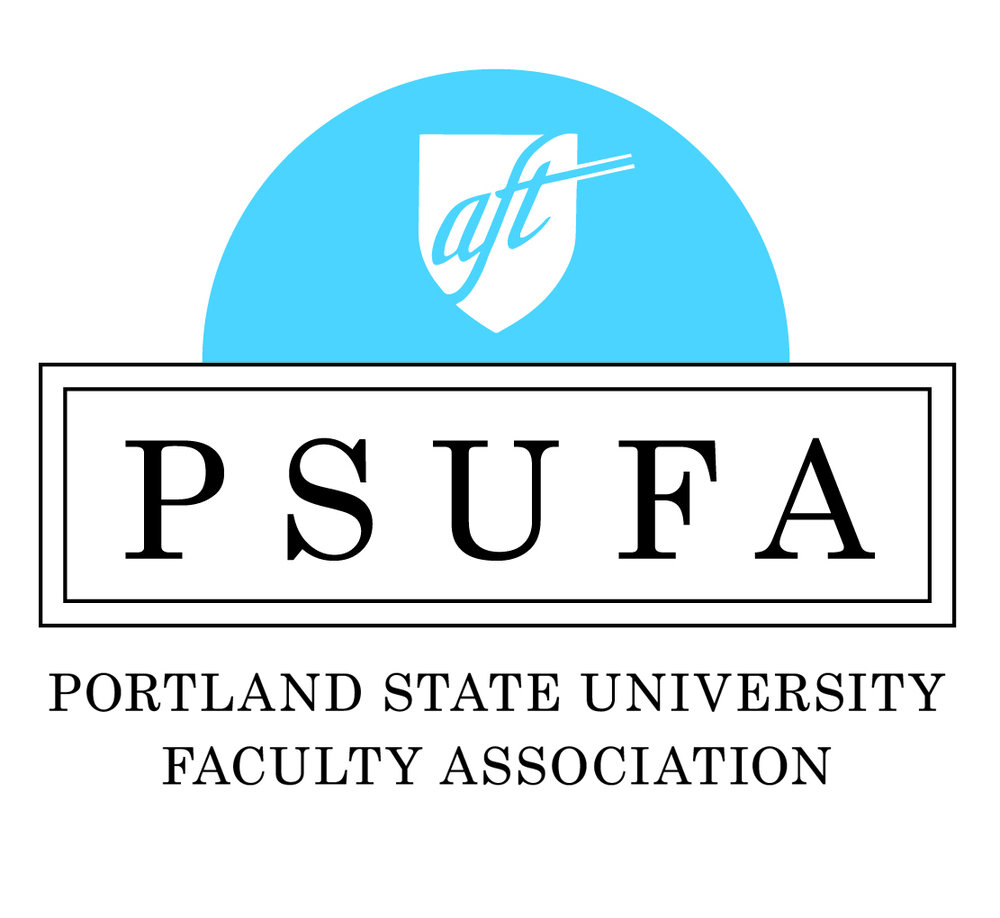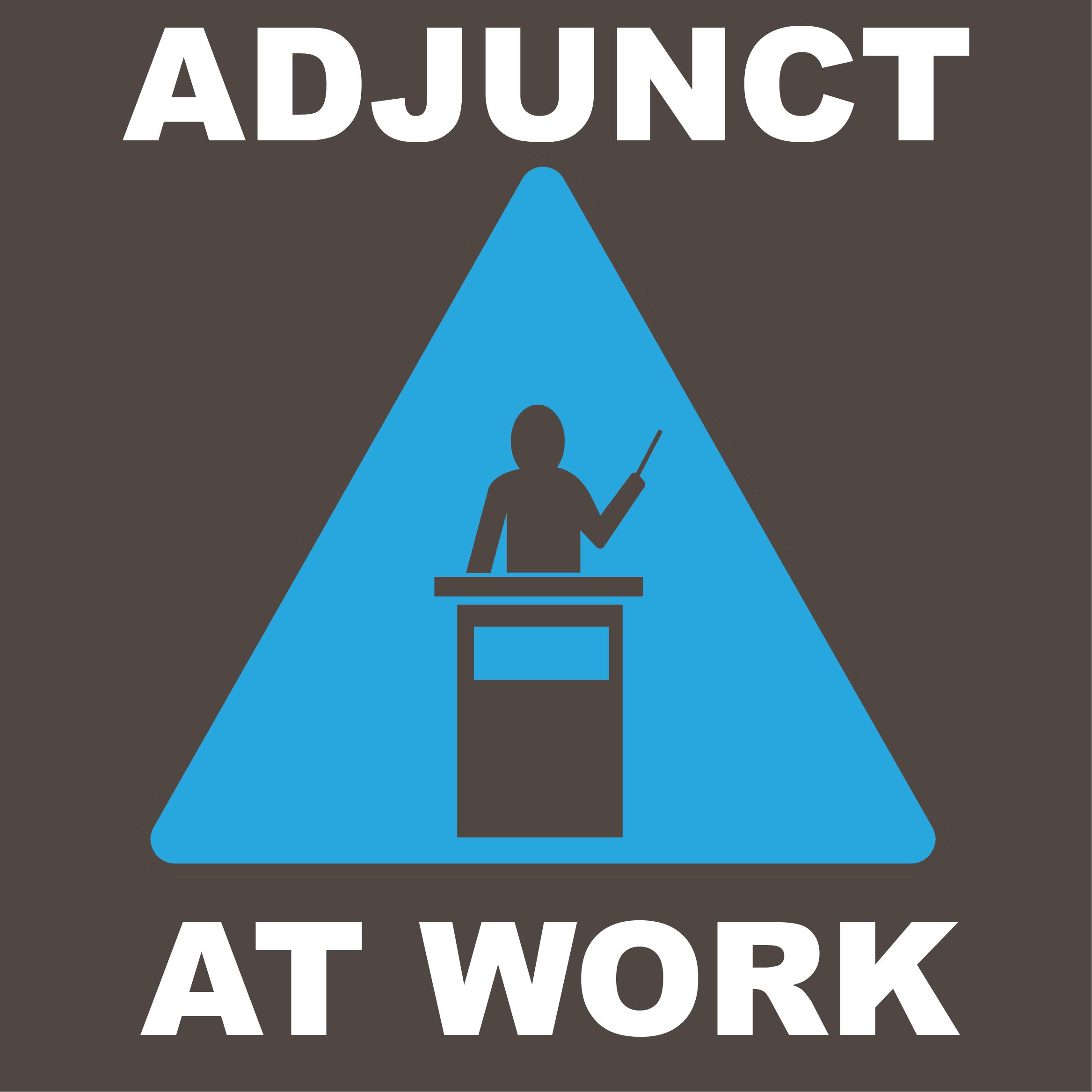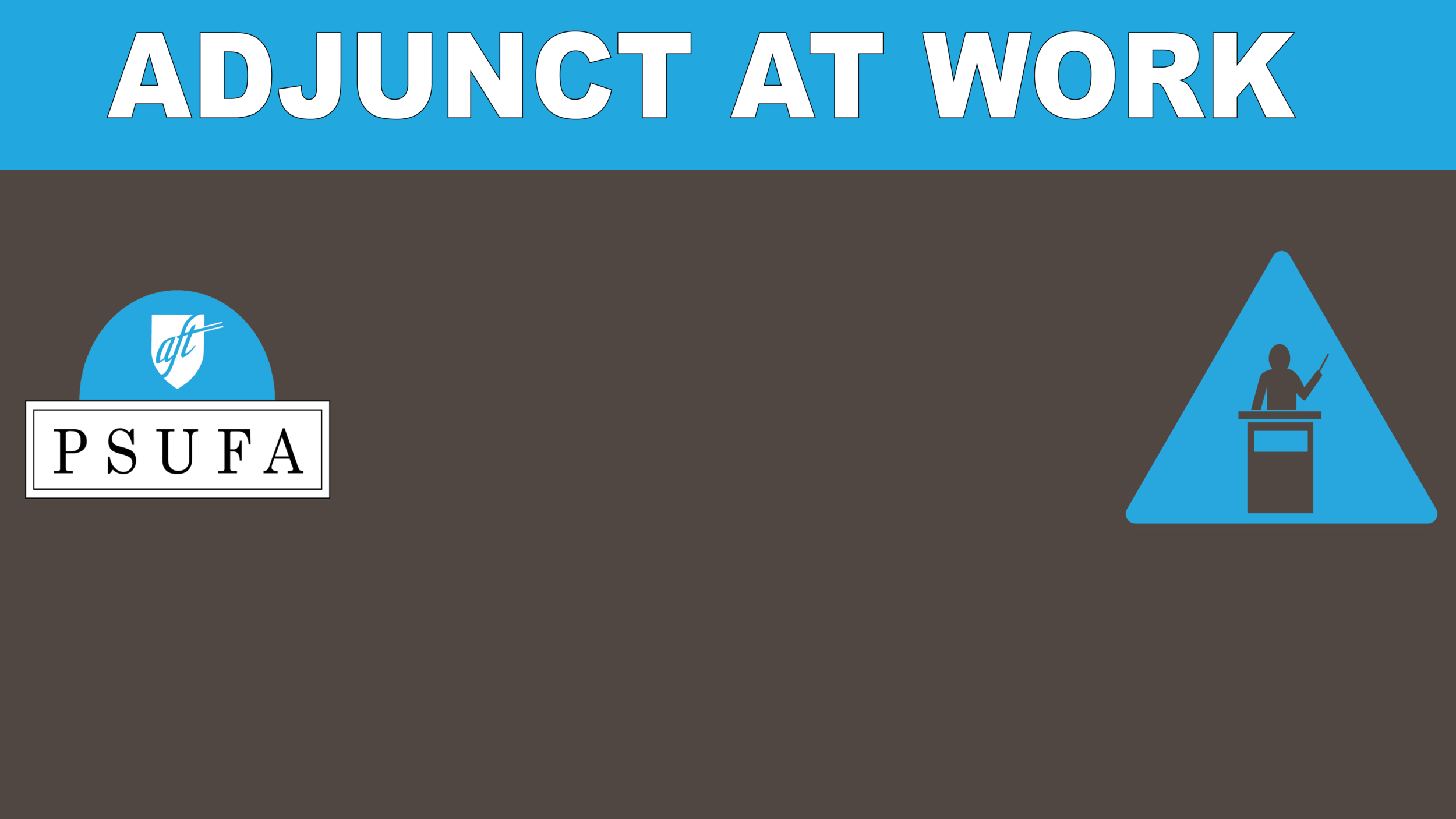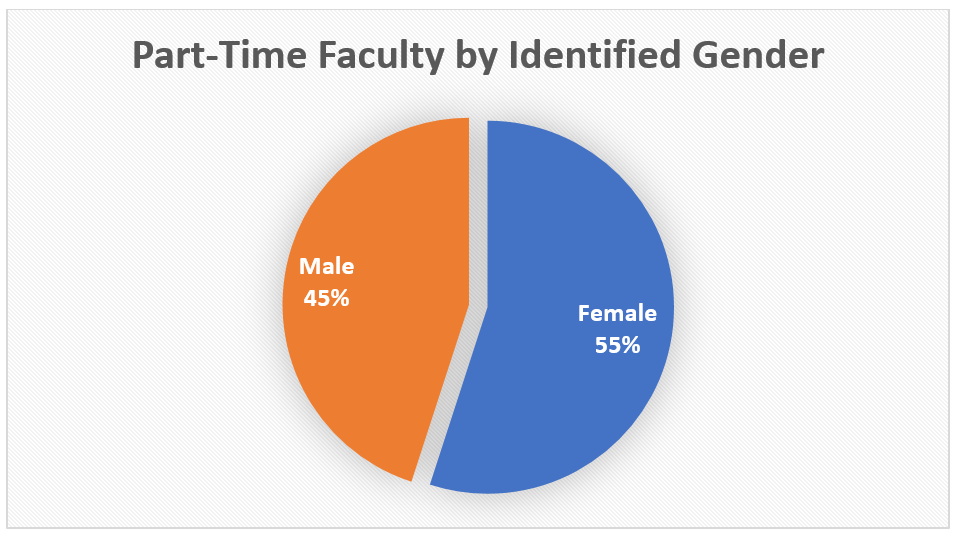On Friday, September 4, PSU and PSUFA returned to bargaining after a two-week hiatus. Progress was made, though not as much as we had hoped for. The bargaining team was able to clearly and effectively delineate important issues to PSU that will help us in the long term, which we’ll get into below. Specifically, PSUFA spoke of how adjuncts have historically been treated at PSU and outlined what we will continue to push for in terms of better treatment for adjuncts at our institution. It became clear over the four-hour bargaining session that PSU will need to pay more than lip service to adjuncts if we are to come to an agreement.
Bargaining began with PSUFA’s continued push for PSU to find a mechanism to share info on new hires. It is stipulated in the in the recently passed House Bill 2016 that employers must provide this info within 10 days of their hire. We have made considerable progress with PSU on this issue in prior bargaining sessions, and it is a particularly key one for new adjuncts. The fact that PSU has not yet shared full details on new Fall 2020 hires with us puts these adjuncts in a disadvantageous situation as they begin their work. It is not uncommon for new adjunct hires to receive little to no training on many aspects of teaching at PSU such as working with DRC, OAI, as well as learning of the benefits available to them through our union. PSUFA reiterated that this is just one step in the bigger goal of integrating adjunct faculty in a meaningful way into the PSU academic community.
We then spent nearly the entirety of the remaining bargaining session on Article 7 in our contract. Central to the discussion was the fact that we as adjuncts are often barred from department-level meetings. Of course, inclusion and meaningful participation in department meetings helps any faculty member better perform their work. Many adjuncts have expressed communication difficulties with their departments, and PSUFA believes that allowing attendance and including the perspective of adjuncts at department-level meetings would help to improve this. In prior bargaining sessions, PSU was amenable to including language that would allow adjunct faculty to attend meetings and contribute in some capacity, even if in a limited role. In this session, however, they expressed a litany of concerns, many of which PSUFA characterized as unfounded. The concerns ranged from interfering with the Senate Faculty Bylaws (there is no language there that bars adjuncts from attending meetings), to compensation (we aren’t asking that adjuncts be compensated for attendance), to concern from department chairs and faculty about having adjuncts present (our participation would help both departments to be more transparent and adjuncts to be better informed and thus, better perform our work). Several PSUFA bargaining team members acknowledged each of these points, and then dismantled them.
All in all, there was frustration today with the lack of progress made and legitimate concerns that the bargaining process is being intentionally slowed. We also voiced to PSU the need to discuss economics—specifically, pay. Our next bargaining session is Friday, September 18. Come and observe and support your fellow adjuncts as we bargain for better pay, improved working conditions, and more transparency from PSU!
